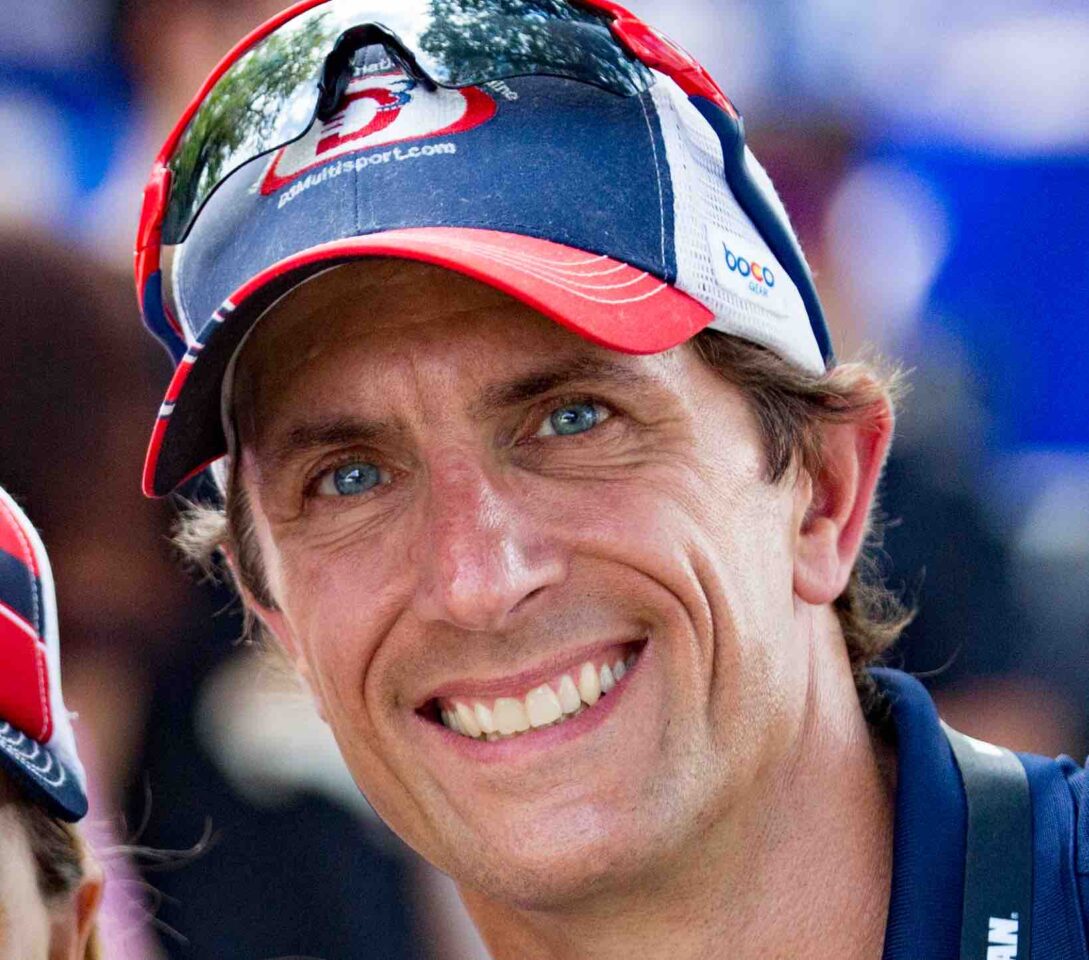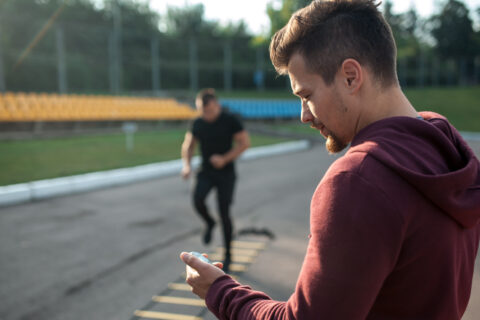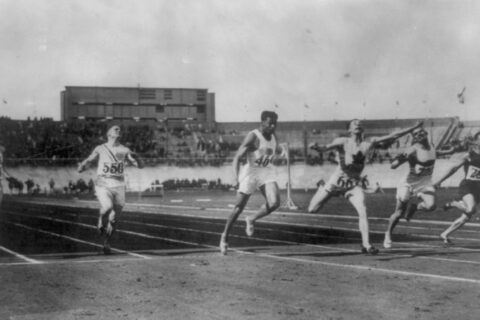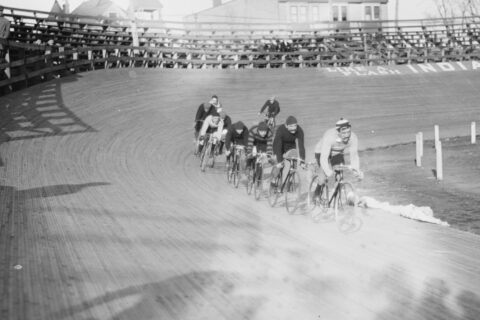Learn about Coach Mike Ricci’s coaching style, philosophy, and methodology.
Learn about Coach Mike Ricci’s coaching style, philosophy, and methodology.

Learn about Coach Mike Ricci’s coaching style, philosophy, and methodology.

Learn about Coach Mike Ricci’s coaching style, philosophy, and methodology.

Understanding the roles you and your child’s coach have in their athletic development can foster a healthy relationship with sports and teach beneficial life skills to take into adulthood.

Over a century of training and racing, coaches and athletes have continually experimented with the balance of volume and intensity. Today’s best practices look to maximize both a high volume of training and a small but potent dose of high-intensity work.

The timely combination of running facilities and stopwatches gave running a leg up on other endurance sports, inviting more structured training and innovation.

The early European cycling scene was convinced that more miles and more racing made champions. By the 1980s, a new generation of pros was redefining the goal and the roadmap to get there.